Guest Post – Jane Davidson: Venues of Veterinary History
As I work through the archive material for my PhD, the people and the places leap off the page and create such a vivid picture of the events I’m reading about. The places, in particular, are striking a chord with me as so many of them are in London, my home for over 20 years. I am fascinated by the history of London buildings and how they chart the rise and fall of different areas over time. The records of meeting venues has had me looking up what these buildings are used for today. Once this lockdown is over, I hope to be able to take a walking tour of the places that are becoming familiar to me as key venues in veterinary history.
At a time when the team at the RCVS are scattered to their homes to work and Belgravia House stands empty, it might seem odd to focus on places and locations. However, from the archives, it is clear that the veterinary profession is a body of people used to being an identifiable presence despite a lack of a permanent home. The RCVS has moved premises and had temporary bases in their history, and this is just a part of the process of professionalisation that will continue with the move from Belgravia House that is planned.
Freemasons’ Tavern
The first recorded venue for meetings of the RCVS is The Freemasons Tavern, in use regularly since 1844. On Great Queen Street in Lincolns Inn Fields, the street is probably known to many now as a quick route from Holborn tube to Covent Garden. I have used this route many times to avoid the inevitable tourist crush at Covent Garden. It’s an unusually wide and open street in an area where the buildings are usually packed in tightly together. The stone used for the buildings on the western side of the street is a very light colour and this adds to the feeling of space. Compared to the narrow streets and damp looking dark red London brick of the surrounding streets, my memories of the street are that it is always sunny. The street houses many buildings related to the Freemasons and this has allowed a coordinated approach to building layout and design, which shows in the street’s different style from the earlier buildings around it. Now the site of the Connaught Rooms, the building of 1844 has been rebuilt several times. A popular meeting place that has been used by many associations, it is perhaps most famous for being the venue for the first meetings of the Football Association. A Freemasons Tavern still exists but is now on Long Acre, just around the corner.
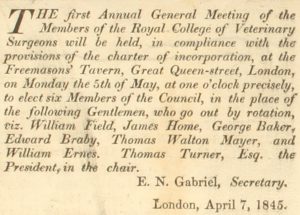
Official notice of the first RCVS Annual General Meeting in The Gazette
The Freemasons Tavern was advertised as the meeting place for the newly formed RCVS. This was put into several papers in London, Edinburgh and Dublin, and the meetings were a mix of private matters for the College but also a way to engage with the public.
Red Lion Square
The minutes of an RCVS meeting in 1846 noted a lack of finance as the reason for the RCVS not having a permanent location for their sole use as a corporation. It was in 1853 that the RCVS made 10 Red Lion Square their first home. A previously notorious area, it had been transformed into a gated square and by the early eighteenth century was used for both residential and professional purposes. The business users were medics and lawyers, and so the veterinary profession was to join established professions in the neighbourhood. From the RCVS building in Red Lion Square, we have the stained glass Coat of Arms of the RCVS and the veterinary schools, which are currently in the reception of Belgravia House. These windows have followed the College through three different buildings over the years, and you can read more about their history elsewhere on this blog.
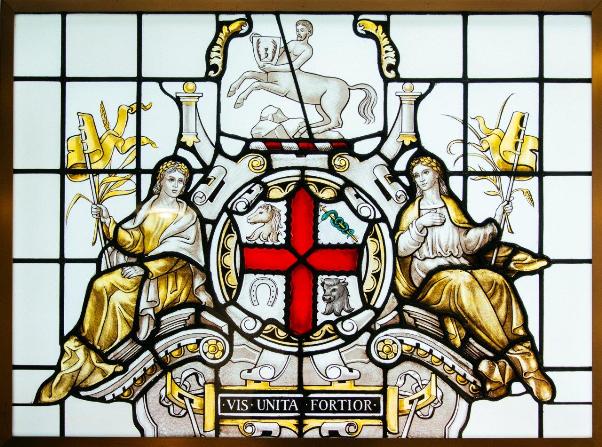
The Coat of Arms of the Royal College of Veterinary Surgeons, on display in the reception at Belgravia House
The RCVS remained at Red Lion Square for over a century, apart from interruptions during the Second World War when the library remained in Red Lion Square but other RCVS activities were temporarily moved to Wembley. The bombing raids of May 1941 saw the assistant librarian Miss Molly Raymer go to the building to check on it after the night of bombing. More worried about water damage, she reported being met with a torrent of water coming through the library ceiling! Red Lion Square is still there, and the buildings are beautiful, but sadly numbers 9 and 10 are no longer standing. However, it is still worth a visit as, despite more modern buildings taking its place, it still has the air of a grand London garden square.
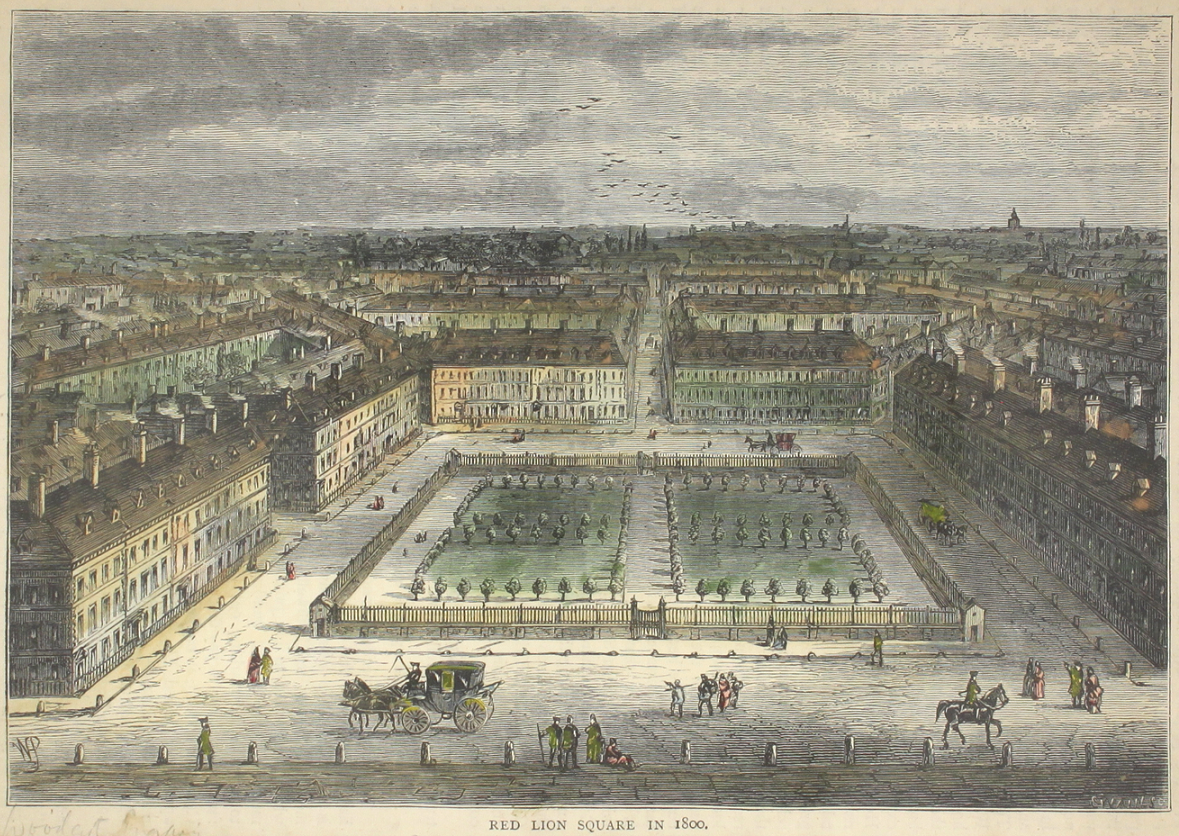
Painted engraving of Red Lion Square in 1800
Walk the History
A walk between these three places provides a wonderful way to see much of London. Red Lion Square to Horseferry Road is around a 45-minute walk and you can incorporate many London landmarks. The Freemasons Tavern to Red Lion Square is a shorter 10-minute walk. It is possible to spend a pleasant afternoon walking the history of the places of the RCVS from Red Lion Square to Belgravia House – missing out on the need to go to the wartime home of Wembley!
-Jane-

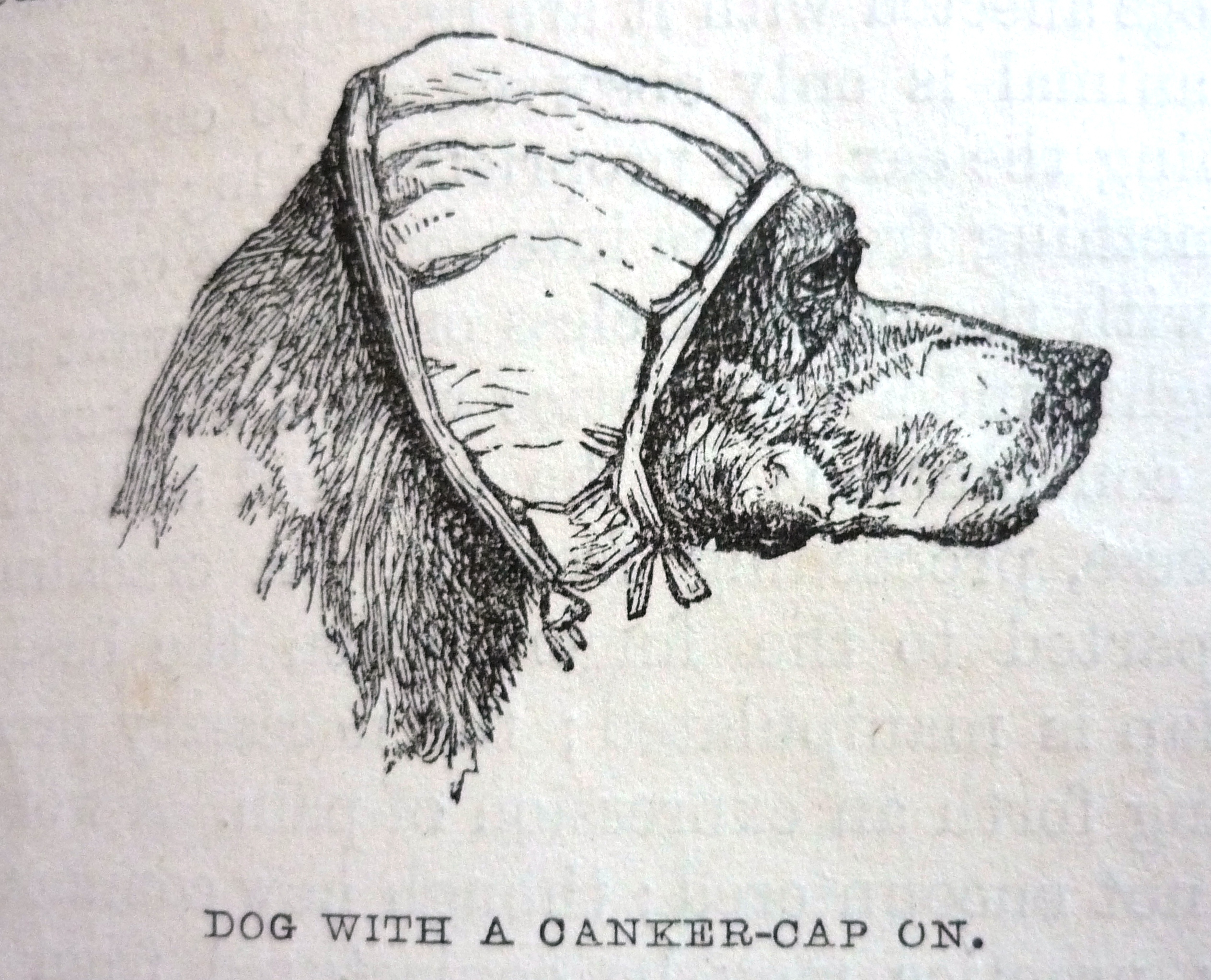
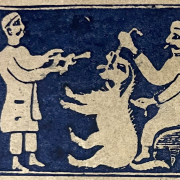
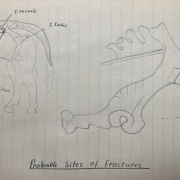

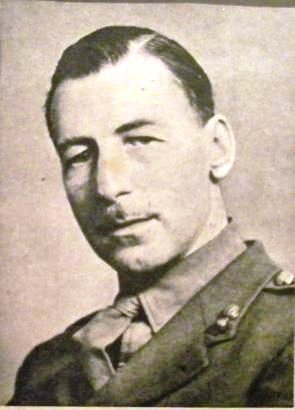
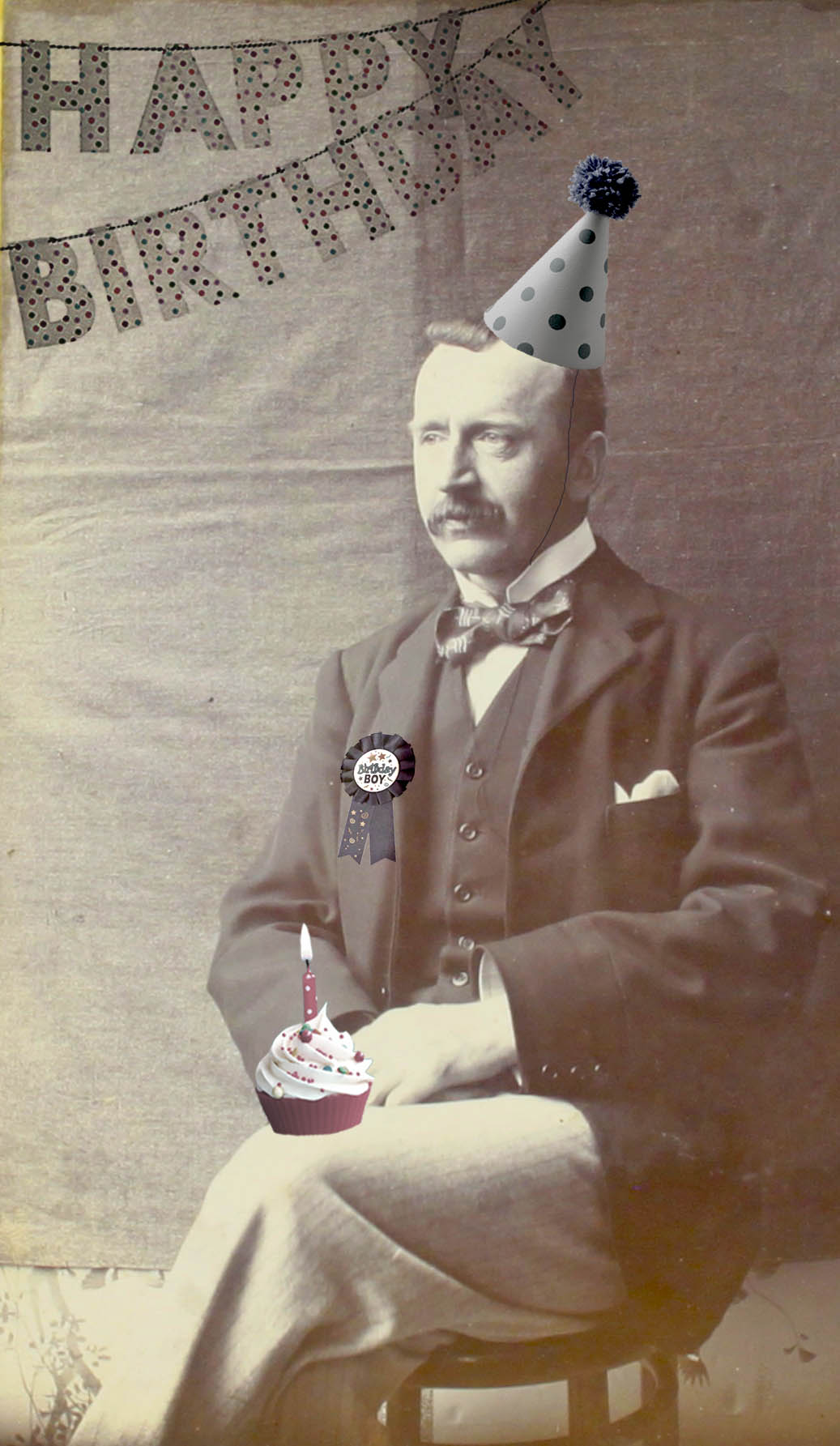
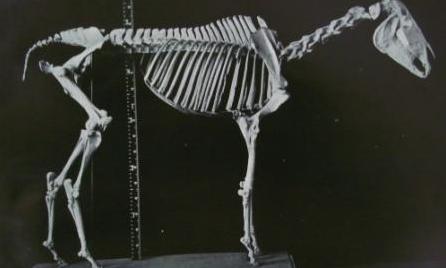
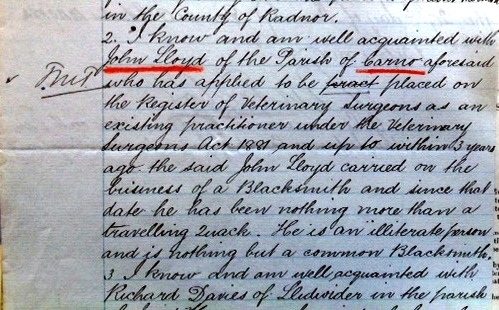
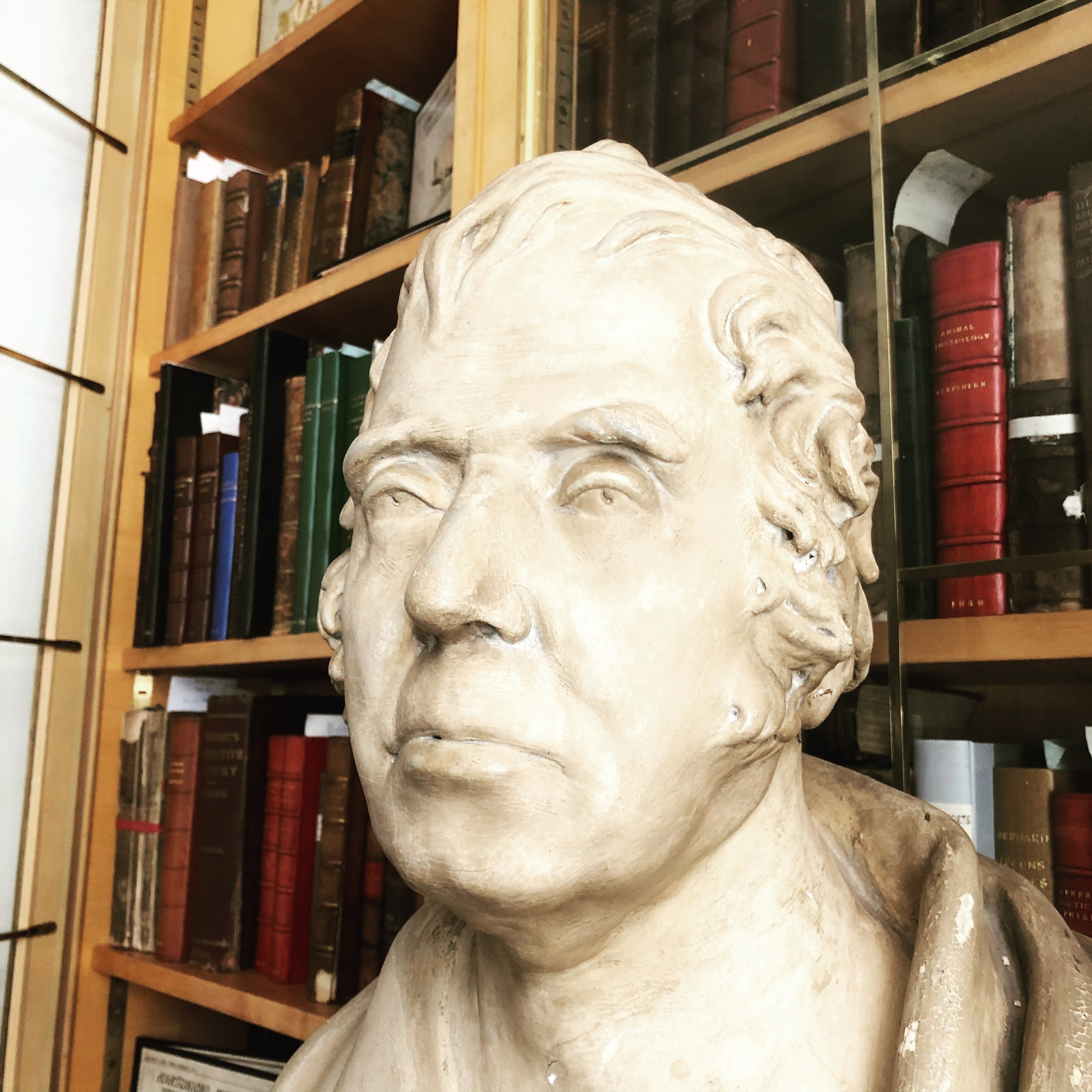
A lovely walk down memory lane, I more ways than one. Looking forward to a post on the wartime base in Wembley, which would be topical too!
And indeed Belgrave Square, where the college was from 1962 to 1995. These days the square is full of embassies, foreign plutocrats and dubious trust funds